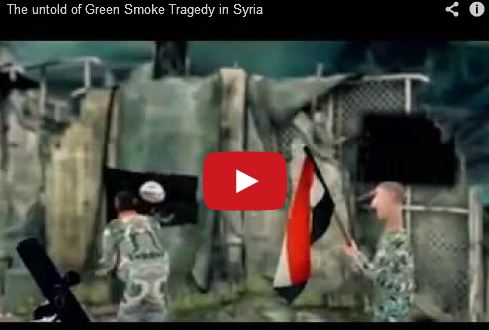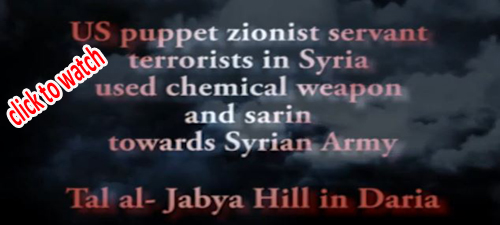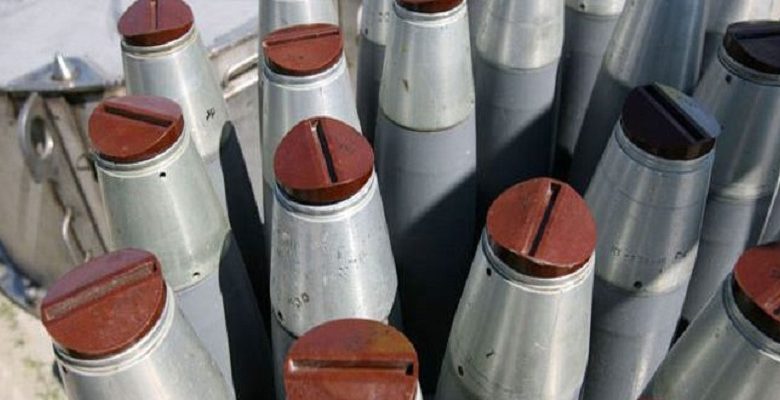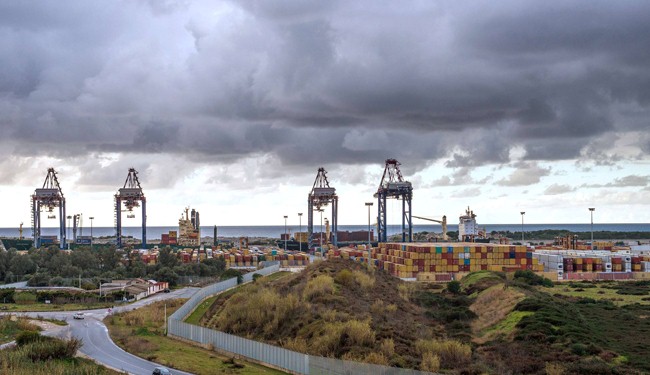Mikdad: Chemical file should no longer be viewed special as obligations were met
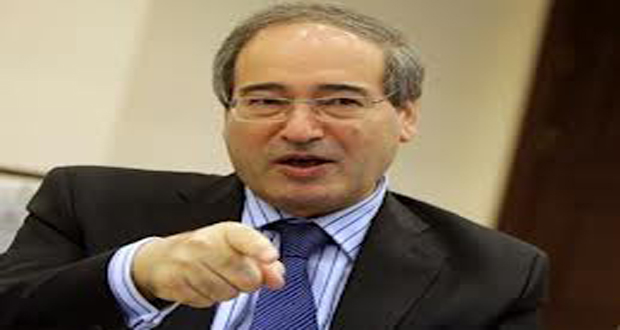
Deputy Foreign and Expatriates Minister Fayssal Mikdad met with Director General of the Organization for the Prohibition of Chemical Weapons Ahmed Ozumajo and discussed with him the positive developments related to eliminating the Syrian chemical file.
In the meeting, which was held on the sidelines of the 19th Conference of the States Parties to the Chemical Weapons Convention (CWC) in the Hague, Mikdad said it is time that the Syrian chemical file no longer be viewed from a special perspective now that Syria has fulfilled its obligations.
He presented a review of the huge efforts which Syria has exerted in the framework of implementing its commitments under the CWC.
While stressing that Syria should be treated as any country that is a party to the CWC, Mikdad reiterated Damascus’s readiness to continue cooperating with the OPCW.
For his part, Ozumajo expressed the OPCW’s appreciation to the Syrian government for its constant constructive cooperation, hailing the fundamental progress made over the past period with regard to eliminating Syria’s chemical weapons, which constitutes a “common success” for both Syria and the OPCW.
Concluding activities, Conference of the States Parties to CWC stresses importance that discussions remain non-politicized
The conference wrapped up activities on Friday with Syria’s participation.
The conference saw lengthy discussions of the agenda items that included the completion of the destruction of chemical weapons in some countries and issues of international cooperation on technology and development.
The conference discussed the accomplishment related to the removal of the Syrian chemical weapons’ program in 2014 that culminated intensive efforts and close cooperation between the Syrian government and the Organisation for the Prohibition of Chemical Weapons (OPCW).
Several countries expressed during the discussions appreciation for the Syrian government’s efforts amid tough and intricate conditions spawned by the acts of terrorist organizations, particularly the Islamic State in Iraq and Syria, also known as ISIS, and al-Nusra Front.
They condemned the use of chemical weapons and voiced concern over the possibility that terrorist organizations might use them against the Syrian people, emphasizing the importance that discussions within the OPCW remain non-politicized.
